
I am really happy for Chris. It has been a long spell of disappointing annual hunts for him. Despite his scouting, preparations, patience, and dedication, this is only the second deer he has harvested--and the only deer he has bagged on the farm. He usually hunts with his sister-in-law, Jen, who has had great success in recent years. Although they had intended to hunt together again this season, Jen backed out at the last minute--too busy training her huskies for an unseasonably early dog-sledding season. Even with Jen not in the woods with him, I am sure Chris hunted with a sense of competition-- he had some catching up to do!
As I write this he is back on his stand attempting to fill his other two tags. Whether or not he gets another deer or two, he will be proudly sharing venison with his extended family this season. Life at the farm is good!

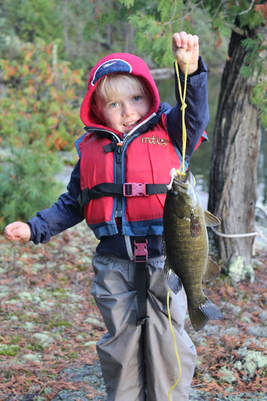
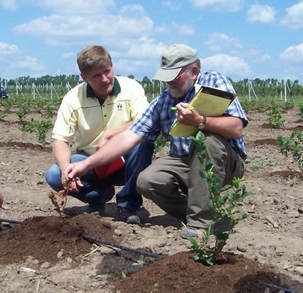
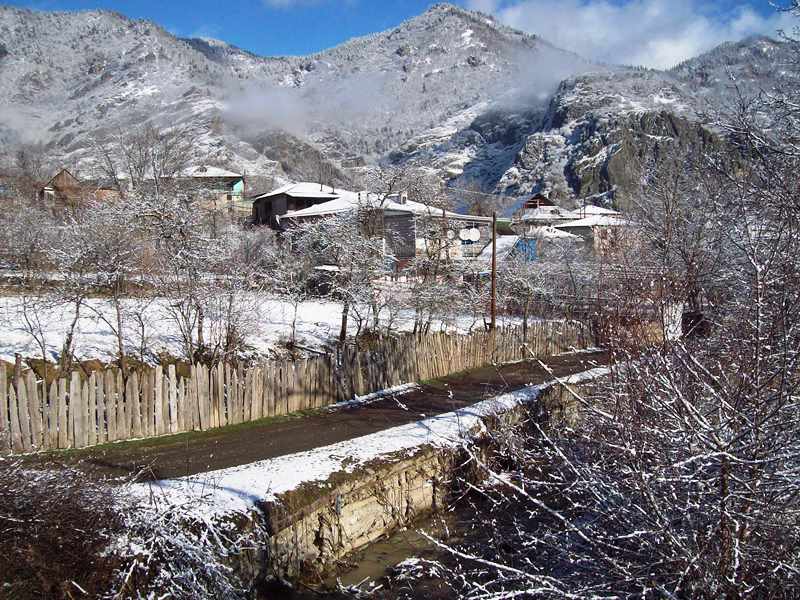
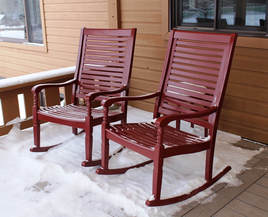
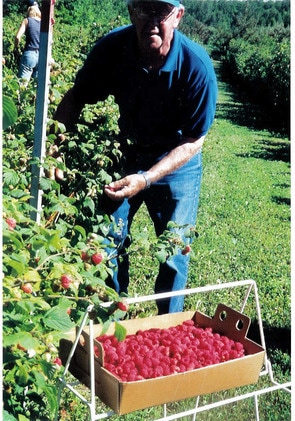
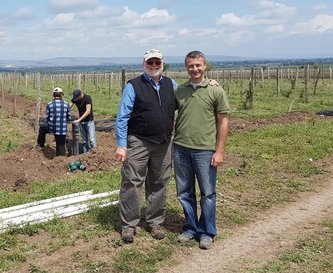

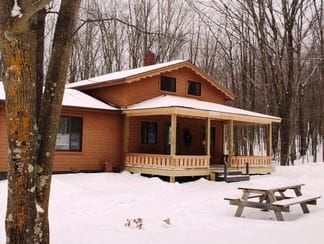
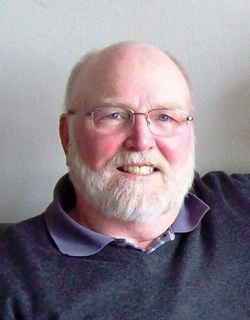
 RSS Feed
RSS Feed
